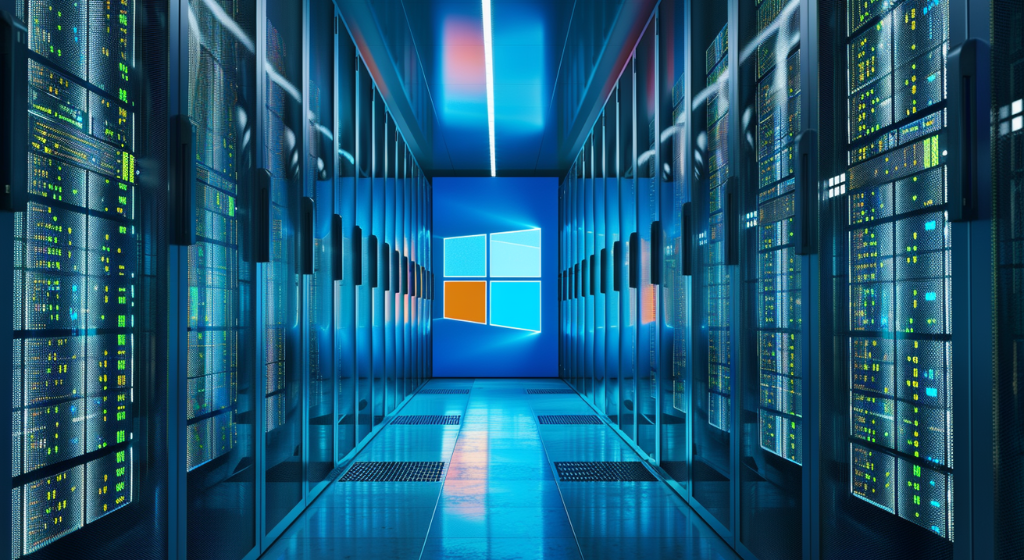
According to the report, Altman and Microsoft’s collaboration includes a plan to develop supercomputers in five phases, culminating with the “Stargate” supercomputer as the fifth phase, while a smaller, fourth-phase supercomputer for OpenAI is slated for launch around 2026. (Source: Image by RR)
‘Stargate’ Set to Launch in 2028 as Core of Microsoft, OpenAI’s Mega Project
Microsoft and OpenAI are reportedly collaborating on an ambitious data center project, potentially costing around $100 billion, which includes the development of an AI supercomputer named “Stargate,” expected to launch by 2028. This initiative comes in response to the rapidly growing demand for generative artificial intelligence technology, necessitating data centers capable of managing more advanced tasks than traditional ones. As reported in reuters.com, the Information’s report highlights the project’s financing by Microsoft and its scale, being 100 times more expensive than some of the largest current data centers, and marks it as the largest among a series planned over the next six years.
The project, based in the U.S., involves a five-phase plan with “Stargate” as its culminating fifth phase. Presently, Microsoft and OpenAI are progressing through the third phase of this plan, focusing on the development of AI chips crucial for the next two phases. The high cost of AI chips, with Nvidia’s CEO Jensen Huang noting prices between $30,000 and $40,000 for their latest “Blackwell” B200 AI chip, plays a significant role in the project’s budget.
A Microsoft spokesperson acknowledged the company’s continuous efforts in planning for the next generation of infrastructure innovations to advance AI capabilities. However, the spokesperson refrained from commenting directly on the “Stargate” supercomputer. The total expenses for the project could surpass $115 billion, significantly exceeding Microsoft’s previous year’s capital spending on servers, buildings, and other equipment.
This partnership between Microsoft and OpenAI signifies a major investment in the future of artificial intelligence, aiming to build a supercomputing infrastructure that not only accommodates the increasing demand for advanced AI tasks but also sets a new benchmark in the technological evolution of data centers. The venture underscores the critical importance of AI chips in the development of such ambitious projects and reflects both companies’ commitment to pushing the boundaries of AI research and application.
read more at reuters.com







Leave A Comment